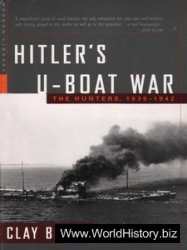Unfortunately for the Franks they were often engaged in petty quarrels among themselves, and when Zengi’s large and powerful army turned its unwelcome attention upon Edessa in 1144 Outremer was divided. The count of Edessa, Joscelyn II, was at odds with the prince of Antioch; the count of Tripoli was only vaguely interested in events so far to the east; and in Jerusalem King Fulk had just died, leaving the government in the hands of Queen Melisende as regent for Baldwin III, their thirteen-year-old son. Consequently, Zengi found his attack opposed only by the negligible forces of Edessa itself.
The other Crusader states fringed the Mediterranean, but Edessa was landlocked; it lay beyond the Euphrates, a day’s ride east of the river. Its population was made up of Christians of the East, Chaldeans and Armenians, who were more devoted to trade than skilled in the use of arms; Westerners rarely visited the city and those Franks who lived there had mostly married the local Christians, so that its defence was entrusted largely to mercenaries. When Zengi laid siege to the city he came up against its formidable walls, but in the words of William of Tyre, ‘All these defences could be of use against the enemy only if there were men willing to fight for their freedom, men who would resist the foe valiantly. The defences would be useless, however, if there were none among the besieged who were willing to serve as defenders. Towers, walls, and earthworks are of little value to a city unless there are defenders to man them. Zengi found the town bereft of defenders and was much encouraged.’ Help was sent too late from Jerusalem and Tripoli, while Antioch sent no help at all. On Christmas Eve 1144 Zengi’s forces breached the walls and rushed into the streets and houses of the city. They slew with their swords the citizens whom they encountered, sparing neither age, condition nor sex’, wrote William of Tyre, and they enslaved any who survived.




 World History
World History









